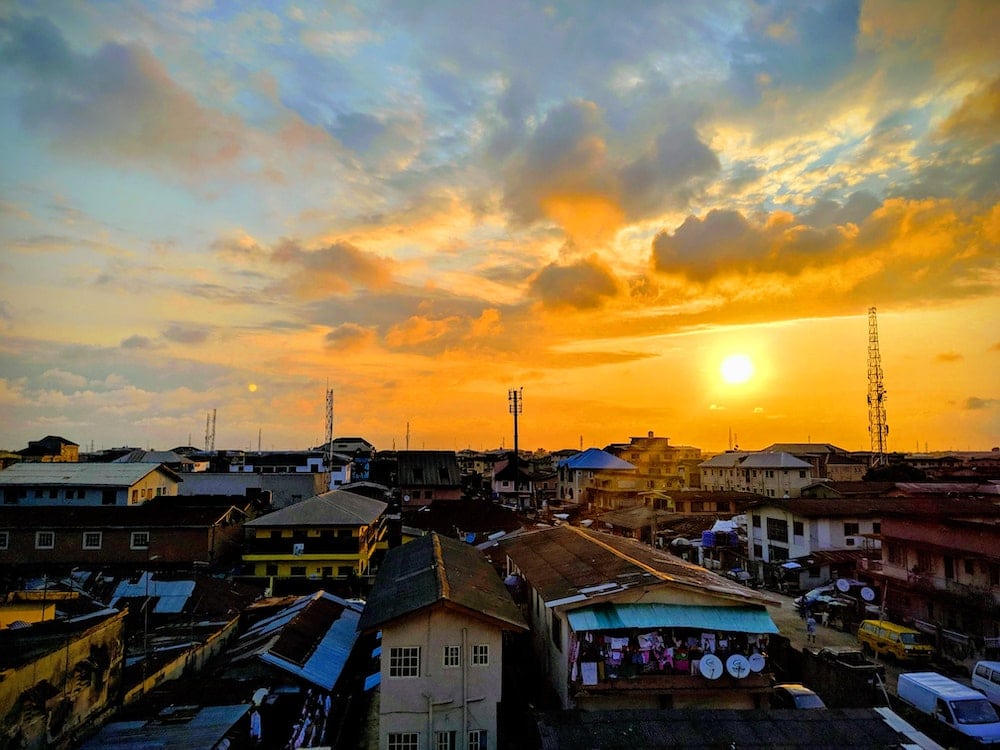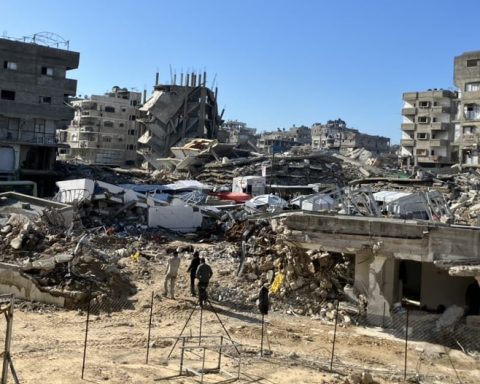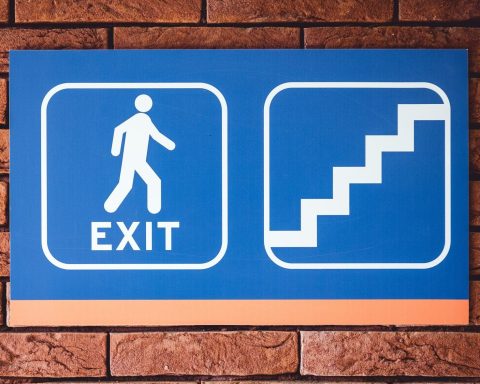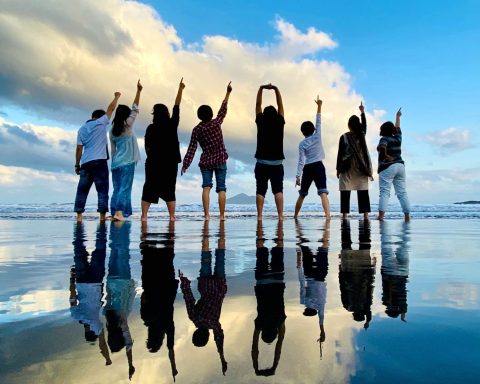 Datapwa Mujong is GP trainee with an interest in global health. Twitter: @drmujong
Datapwa Mujong is GP trainee with an interest in global health. Twitter: @drmujong
During the wintry January and February months, I had the pleasure of spending three tropical weeks in the vibrant city of Lagos, Nigeria. This was arranged through the World Organisation of Family Medicine (WONCA) in a programme titled Family Medicine (FM) 360 exchange.
I was warmly welcomed by an expectant FM department ran by Lagos State University Teaching Hospital, a large tertiary healthcare centre. There was a creative mixture of medical clinics, theatre sessions, and educational activities, all carefully timetabled to enable me have ample exposure to FM and primary care in Lagos.
I felt an unfair advantage over our colleagues who were limited within their health, social and economic system.
I noted this advantage on my first day, some of which I spent in the department’s library browsing through copies of the African Journal of Primary Healthcare and Family Medicine.° I was initially reluctant to explore the journal, however I soon found myself absorbed in the high-quality research. I noted my unconscious bias and also wondered how much significance the scientific community would place on my research if I were to publish it as work from Africa as opposed to the UK.1 I was concerned even further when I learnt that the CiteScore of this journal was 1.2 in 2019, whilst its British equivalent, the BJGP, had a CiteScore of 4.12.2
Browsing through copies of the African Journal of Primary Healthcare and Family Medicine… I noted my unconscious bias.
This disconnect between FM doctors, council, government and public health, meant that FM doctors were exposed to the unequal effects of the wider determinants of health daily, and were also rendered powerless against them. It stems from fragmented infrastructures rooted in a complex political and economic situation stretching from the colonial period.
Knowing that the British Empire’s long history of exploitation now plays a part in the nation’s current state of affairs, left me with some guilt.
Being products of, and contributors to, such a consistently high-ranking healthcare system is a privilege. Most days I left the department in my in my air-conditioned Uber, watching daily Lagos life in the scorching sun, and pondering on this. Knowing that the British Empire’s long history of exploitation now plays a part in the nation’s current state of affairs, left me with some guilt. In fact, doing nothing to mitigate the inequalities felt like an act in perpetuating it.
It was reassuring to learn that the RCGP remains proactively engaged with international affairs.4 RCGP International has many projects running that provide opportunities for us to form stronger networks with our global community. This includes Global Health Fellowships, exchanges, research, and education and training opportunities. COVID-19, and how it highlighted inequalities between nations, was a sobering reminder of why these bonds are essential. Our participation in these schemes as trainees and qualified GPs is vital, as it is then our vision of “a world where excellent person-centred care in general practice is at the heart of health care” can be achieved.
References
1. Harris M, Marti J, Watt H, Bhatti Y, Macinko J, Darzi AW. Explicit Bias Toward High-Income-Country Research: A Randomized, Blinded, Crossover Experiment Of English Clinicians. Health Affairs. 2017;36:11
2. Scopus, Elsevier. Citescore 2019. Available from: https://www.scopus.com/sources.uri [Accessed 1 Jul 2020]
3. Primary Care Workforce Team, NHS Digital. General Practice Workforce – 31 March 2020. Available from: https://digital.nhs.uk/data-and-information/publications/statistical/general-and-personal-medical-services/final-31-march-2020 [Accessed 1 Jul 2020]
4. Royal College of General Practitioners. Transforming Our Approach To International Affairs – A 10 Year Strategy. Available from: https://www.rcgp.org.uk/-/media/Files/RCGP-faculties-and-devolved-nations/International/Pages/Landing-Page/International–10yr-international-strategy-2011.ashx?la=en [Accessed 1 Jul 2020]
Featured photo by Namnso Ukpanah on Unsplash







This is a great article. Definitely an interesting discussion.
Interesting and educating article. Looking forward to next one.